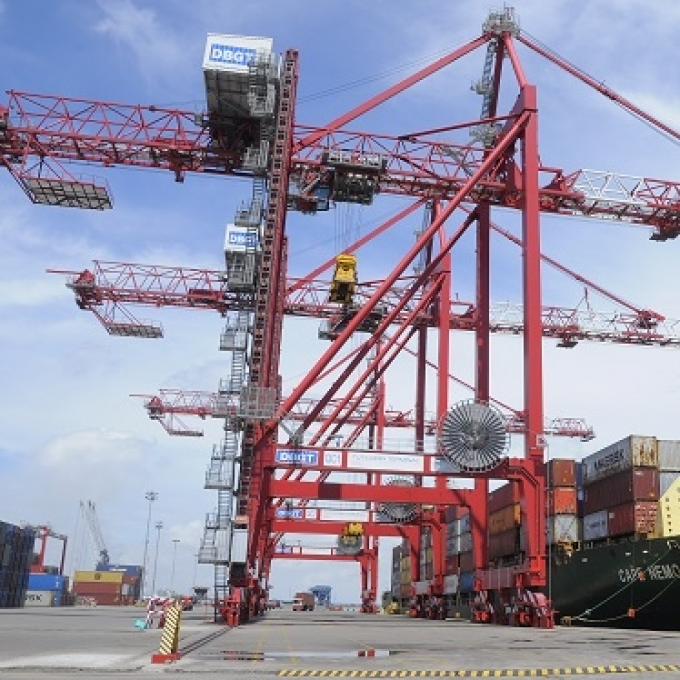Four crew members still missing as Wan Hai 503 continues to burn
The Singapore-flagged Wan Hai 503 box ship continues to burn today, sparking serious environmental concerns ...

Foreign-flagged container shipping lines facing the heat from Indian tax authorities have been lobbying the government for relief, with no results thus far.
The issue has significant repercussions for the liner industry. Last year, all major box ship operators on Indian trades, ...
Four crew members still missing as Wan Hai 503 continues to burn
Explosions and 'out-of-control' fire reported on Wan Hai box ship
Predatory rivals circle as the ripples from DSV's Schenker buy widen
MSC Elsa crew face criminal probe, as Wan Hai 503 firefighters battle on
'It's driving us mad', say forwarders as US court fails to end tariff turmoil
Transpacific rates ease as capacity boost proves too much for trades to digest
European port congestion easing – for now
CMA CGM 'testing the water' of the Suez Canal for more services
Flexport: Sanne Manders talks profitability, fire-sales and Dave Clark
DSV insiders hit back at Kuehne & DHL GF – got a 'pro integration' going
More legal trouble in India for MSC: feeder vessel detained after box ship disasters
EXCLUSIVE: Schenker top exec departs 'One DSV' – fishing continues (Part 1)

Comment on this article